It’s that time of year for Hollywood’s self-congratulatory schmooze fest and guilty pleasure, The Academy Awards! The Oscars offers up plenty of red carpet eye candy and opportunities for tears, empathy and schadenfreude during acceptance speeches, making it a must-see event for celebrity gawkers and cinephiles.
While Oscar – or Hollywood as a whole – has rarely sought to represent queerness positively on film, there remain a few handfuls of performances that, for good or bad, helped to bring visibility to lesbian, bi, trans and queer characters throughout the years. Of course, since Hollywood has traditionally punished transgressive women, be they adulterers, prossies, dykes or just unsupportive of their men, most of the queer characters portrayed by these master thespians were either crazy, paid for their sins or died a gruesome death.
2009's acting nominees didn't include a lesbian, bi or queer part among them – ahem, Paula Patton should have been nominated for Precious. But 2008 broke ground with Penelope Cruz winning the Oscar for her hilarious and peerless performance as a fiery bisexual artist who beds Scarlett Johansson in Vicky Cristina Barcelona, as the character was only mildly crazy and presumably lived fairly happily ever after. This year the Academy has honored Annette Bening with a nod for playing – gasp – a completely sane, if not tightly wound, lesbian character who lives to see the credits in The Kids Are All Right.
Here’s a round-up of actresses nominated for queer roles since Oscar began, including a couple of gender-bending or ‘coded’ roles. We wholly admit we may have missed a few. Happy Oscars' season! We'd love to hear what some of your favorite 'queer' Oscar nominated performances are.
Best Supporting Actress
Janet McTeer – Albert Nobbs, 2011
McTeer, mostly recognized for her TV roles and theater achievements, received her first Oscar nomination for Best Supporting Actress for her portrayal of Hubert Page, a woman living as a man, hired to paint the Irish hotel where Albert Nobbs (Glenn Close) worked and lived. She won the 1996 London Critics Circle Theatre Award for Best Actress for her performance in A Doll's House, and was later awarded the 1997 Laurence Olivier Theatre Award for Best Actress in a Play and Broadway’s prestigious 1997 Tony Award for Best Actress in a play. In 2009, she received her second Tony nomination for Best Performance for a Leading Actress in a Play for Mary Stuart.
Penelope Cruz – Vicky Cristina Barcelona, 2009 – Winner!
Dripping with the sensuality, wit and neuroses under the honey-kissed Barcelona sun, Woody Allen's Vicky Cristina Barcelona is a pitch-perfect comedy brimming with eye candy, in large part thanks to Penelope Cruz’s feral, sexy bisexual artist Maria Elena. Cruz is at turns hilariously unchained as a Spanish woman communicating in broken English to Scarlett Johannson’s wannabe bohemian and at times smoldering as when she pulls Cristina to her for a passionate dark room make-out session.
Julianne Moore – The Hours, 2002
Costar Nicole Kidman scored Best Actress gold for playing Virginia Woolf in the same film, but Julianne Moore’s 50’s housewife suffering from suburban ennui and near suicidal depression, became the heart and soul of the film. Fulfilling a longing that was more fleshed out in Michael Cunningham’s novel than in the film, Moore’s Laura Brown kisses her neighbor played by Toni Collette. In the continuum of the film’s women-centered relationships, Moore’s Brown can be read as a repressed queer character. Moore, who was also nominated for Best Actress that year for Far From Heaven, lost to Catherine Zeta-Jones in Chicago.
Kate Winslet – Iris, 2001
Previously nominated for Sense and Sensibility and Titanic, Kate Winslet scored her third Academy Award nom for playing the young, bisexual writer Iris Murdoch in Iris. Dame Judi Dench, who played the older Iris, was nominated for Best Actress in the role. Winslet lost that year to Jennifer Connelly in A Beautiful Mind, but after several more Oscar noms, Winslet would go on to win Best Actress in 2009 for The Reader.
More on next page...
\\\
(continued)
Margaret Avery –The Color Purple, 1985
As juke joint and blues singer Shug Avery, who stole Whoopi Goldberg’s Celie’s heart in Steven Spielberg’s big screen adaptation of Alice Walkers’ novel, Margaret Avery was both sexy and nurturing. A pedagogue of sorts for Whoopi’s Celie, Shug’s “Miss Celie's Blues” remains one of the greatest love songs ever recorded in a big-time Hollywood epic. Hollywood royalty Angelica Huston took the award that year for her father John Huston’s Prizzi’s Honor.
Linda Hunt –The Year of Living Dangerously, 1983 – Winner!
While her role as Billy Kwan in Peter Weir’s The Year of Living Dangerously was not queer per se, Linda Hunt made history, becoming the first actor to take home gold for playing someone of the opposite sex. Toss in that she also played a man other than her race (Asian), and Hunt was well deserving of the Oscar.
Cher – Silkwood, 1983
Best known to the world as a pop star and fashion icon, Cher stripped off the glitz and bared her acting chops opposite Meryl Streep in Mike Nichols’ Silkwood, based on the true story of nuclear power plant whistle blower Karen Silkwood, who mysteriously disappeared. As Karen Silkwood’s lesbian best friend and roomie Dolly Peliker Cher turned in a performance laden with humor and pathos. The Oscar went to diminutive actress Linda Hunt, who played a man, Billy Kwan, in The Year of Living Dangerously. But never fear, Cher took home the Best Actress Oscar in 1987 for Moonstruck.
Judith Anderson – Rebecca, 1940
One of the greatest supporting characters of all time, Judith Anderson’s Mrs. Danvers, a housekeeper, coded as lesbian, and obsessed with her employer’s first wife in Alfred Hitchcock’s film of the Daphne Du Maurier novel Rebecca, is the stuff of legend. As Susie Bright points out in The Celluloid Closet Mrs. Danvers "goes through the underwear drawer" of her former mistress.
More on next page...
\\\
(continued)
Best Actress Nominees
Rooney Mara – The Girl with the Dragon Tattoo, 2011
Prior to being nominated for Best Actress in a Leading Role for her compelling performance as Lisbeth Salander in Dragon Tattoo, Rooney was widely known for her appearances in the Oscar nominated drama The Social Network and the 2010 horror remake of A Nightmare on Elm Street. However, Rooney was winning accolades as far back as 2009. That year, Rooney received the Rising Star award at the Hamptons Film Festival and she also received the Stargazer Award at the 2010 Gen Art Film Festival for her performance in Tanner Hall, a coming of age drama about four friends at a New England boarding school. At the young age of 26, Rooney has already created her own charity called Faces of Kibera, an organization that provides food, medical care and housing to orphans in Nairobi, Kenya. And what most fans aren’t aware of is that Rooney (along with her three siblings, including 127 Hours actress Kate Mara) comes from a long line of NFL royalty. On her mother’s side she is the granddaughter of Art Rooney, the founder of the Pittsburgh Steelers franchise and her paternal grandfather was Giants founder Tim Mara.
Glenn Close – Albert Nobbs, 2011
Six-time Oscar nominee Glenn Close is favored to win the Best Actress statuette this year for her role as the film’s title character Albert Nobbs. Nobbs is the 19th century period drama about a woman, living as a man in Ireland, in order to find employment, and by extension, in order to survive. Close is no stranger to the awards circuit; she has already won three Tonys, three Emmys, two Golden Globes and a Screen Actors Guild Award. In fact, after Close made the transition from Broadway to motion pictures in 1982 in The World According to Garp, she was nominated for three consecutive Best Supporting Actress honors for her first three films, Garp, The Big Chill (1983), and beloved baseball film The Natural (1984). Close was finally nominated for Best Actress for her haunting portrayal of female stalker, Alex Forrest, in Fatal Attraction (1987). The following year she was once again nominated for Best Actress for her memorable interpretation of Marquise Isabelle de Merteuil in the Oscar winning drama Dangerous Liaisons. Currently, you can catch her on the small screen, starring in the critically acclaimed drama Damages on FX.
Natalie Portman - Black Swan, 2010 - Winner!
An actress who’s grown up in the limelight beginning with her fierce film debut at age 13 in The Professional, Natalie Portman is nothing short of a tour de force in Darren Aronofsky’s Black Swan.
For Aronofsky’s visually stunning meditation of the ballet world that’s a mélange of horror, suspense and a psychological study Portman lays it all bare emotionally and physically, purportedly training for six hours a day for over a year. At a sinewy 20 pounds lighter than her standard weight, Portman’s Nina seems always on the verge of snapping – physically, mentally, emotionally. Her performance is a melding of physicality and craft that has scarcely been seen since Robert DeNiro's turn in Raging Bull.
But here’s why Portman makes the cut for this list… While Nina is rendered practically sexless due to her singular obsession with dance, she does engage in a thoughtful and sensual sex scene with one of her doppelgangers, the wildly sexual Lily (Mila Kunis). Much ado was made in the press about the ‘lesbian’ sex scene, and while the film generally explores Nina’s relationships with women - including her mother and Lily, the rival dancer - in interesting and terrifying ways, it is noteworthy that 2010 marks the first year two women – Portman and Bening - were nominated for Best Actress for roles with overt or subverted lesbian tendencies.
Annette Bening - The Kids Are All Right, 2010
Despite Lisa Cholodenko's The Kids Are All Right being hailed by some as our ‘Lesbian Brokeback,’ and by others as a sell-out of the lesbian community for its sub-plot that has a gay-identified woman (Julianne Moore) bed hopping with a man, and thereby cheating on her partner (Annette Bening), there is no denying the film features terrific performances. Bening stands to make Oscar history this Sunday if she wins for playing a sane, if not tightly wound, lesbian mom. Her wine-swilling control freak Nic is the grounding center of a family torn asunder by infidelity and ennui, and a win for Bening would mark the first time an actress has won for playing a mentally stable lesbian who lives to see it past the final frame.
The film is worth the price of admission for Bening’s heart-rending a capella interpretation of Joni Mitchell’s ‘All I Want’ alone, but Bening is up against fierce competition from Natalie Portman for Black Swan, who not so incidentally engages in a steamy lesbian sex scene in that film.
More on next page...
\\\
(continued)
Judi Dench – Notes on a Scandal, 2006
Dame Dench’s turn as a dangerously unbalanced and predatory lesbian stalking Cate Blanchett ruffled a few feathers in the gay community. But watching Dench chew the scenery in a frightening Highsmith-ian turn is delicious fun. That year Dench lost to fellow stalwart British thespian Helen Mirren in The Queen.
Felicity Huffman – Transamerica, 2005
Best known for her Desperate Housewives Lynnette Scalvo, Felicity Huffman demonstrated enormous range starring as a man transitioning to a woman who reunites with her long-lost son. While Huffman’s performance in this touching road trip was a clear standout, she lost to America’s darling Reese Witherspoon, who portrayed June Carter Cash in Walk the Line. Hollywood loves a good biopic.
Charlize Theron – Monster, 2003 – Winner!
Previously known mainly for her jarring beauty, Charlize Theron shed all traces of herself when she eerily climbed into the skin of serial killer Aileen Wuornos. Theron won the Oscar for her portrayal of he world’s most famous female killer, who happened to be in love with a woman, played by Christina Ricci in the film. Who could forget the seduction scene between Theron and Ricci on roller skates with “Don’t Stop Believing" blaring in the background?
Nicole Kidman – The Hours, 2002 – Winner!
Much ado was made about Nicole Kidman’s prosthetic nose for her portrayal of Virginia Woolf in The Hours but in the end Kidman won the day with her performance in Stephen Daldry’s film version of Michael Cunningham’s ode to the Woolf novel Mrs. Dalloway. The film did not play up Woolf’s real-life predilections toward women but Kidman shared a kiss with Miranda Richardson, who played her sister. The portrayal of Woolf was also part of a continuum in the film that illustrated intense relationships between women including Julianne Moore’s depressed 50’s-era housewife and Meryl Streep’s straight-up lesbian character.
Judi Dench – Iris, 2001
Dame Judi Dench earned a nomination for her portrayal of Britain’s openly bisexual poet and writer Iris Murdoch. Kate Winslet played the younger Murdoch in the first half of the film. Halle Berry made history as the first African-American woman to win a Best Actress statue that year when she took home the award for Monster’s Ball.
More on next page...
\\\
(continued)
Hilary Swank – Boys Don’t Cry, 1999 – Winner!
The Next Karate Kid was virtually unrecognizable in her tour de force as trans man Brandon Teena in Boys Don’t Cry. Nebraskan native Teena was raped and murdered in 1993, and in the biopic based on the documentary The Brandon Teena Story, Swank proved her mettle as one of the greatest young actresses of her generation. She would win her second gold man for Million Dollar Baby just five years later.
Whoopi Goldberg – The Color Purple, 1985
While Steven Spielberg’s Hollywood-ized version of Alice Walker’s gritty novel The Color Purple played down the long-term lesbian relationship between Whoopi’s Celie and Margaret Avery’s Shug, Spielberg left in the heartrending bluesy love song “Miss Celie's Blues," which Shug sings to Celie, and he also kept in a lovingly charming kiss between the two. The Academy went with the lifetime achievement vote and awarded the Oscar to Geraldine Page for The Trip to Bountiful.
Vanessa Redgrave – The Bostonians, 1984
Acting royalty Vanessa Redgrave earned a nomination for portraying Olive Chancellor, a suffragette-era feminist who engages in an intense relationship with the young and fiery feminist Verena Tarrant in the Merchant Ivory film The Bostonians, based on Henry James novel of the same name. Redgrave lost to Sally Field, who took home her second Oscar for Places in the Heart.
Marlene Dietrich – Morocco, 1930
While her performance in Morocco was not lesbian or queer Marlene Dietrich’s androgynous Amy Jolly spoke to generations of budding lesbians at a time when gay women were literally absent on the silver screen. Marie Dressler won that year for Min and Bill.
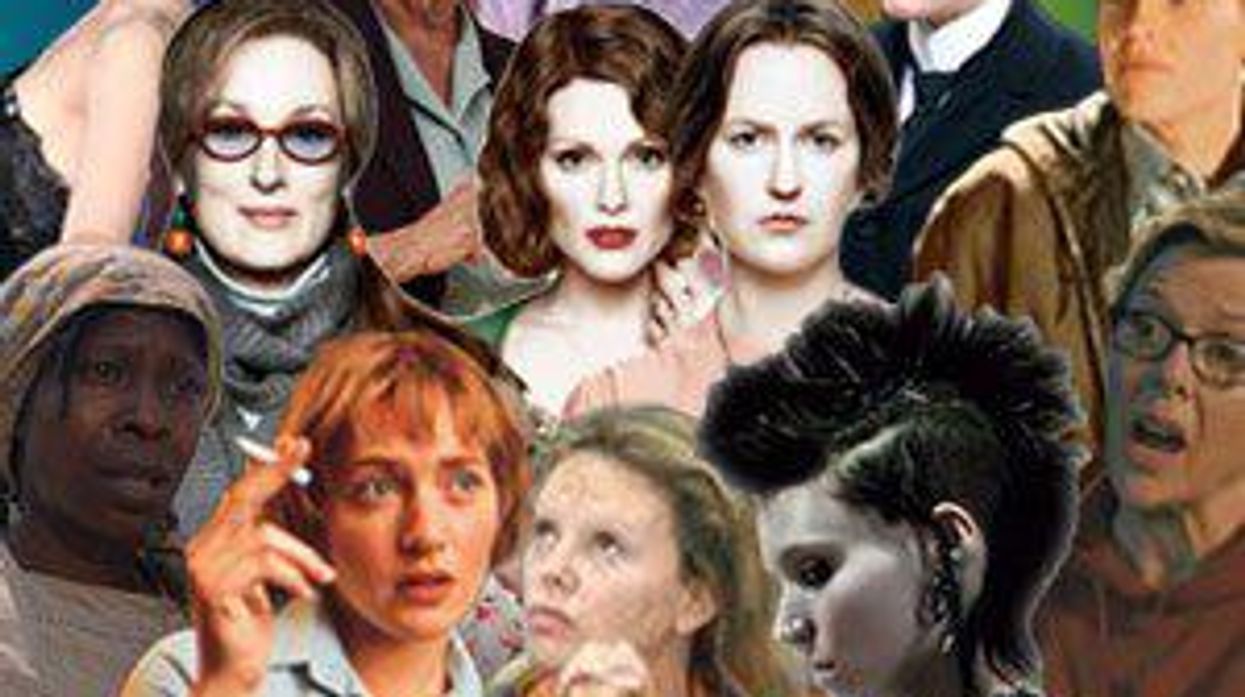

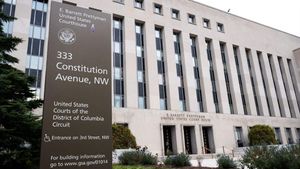

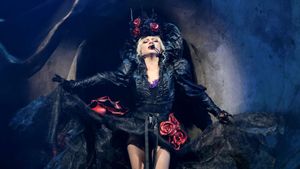

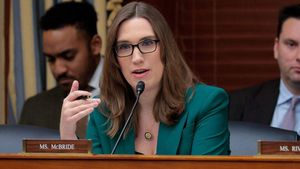
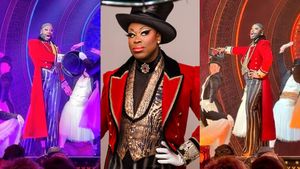



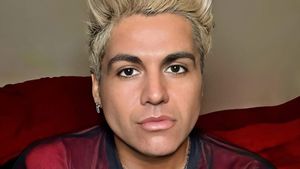

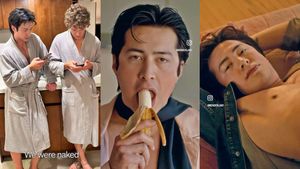
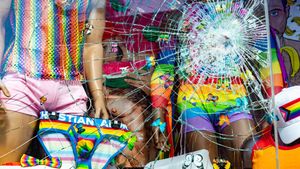
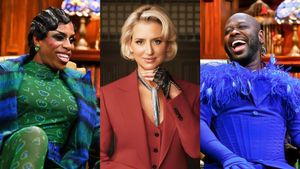




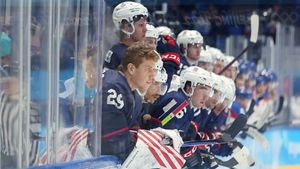


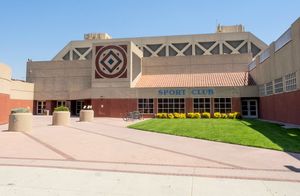



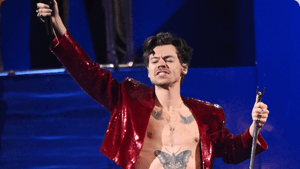



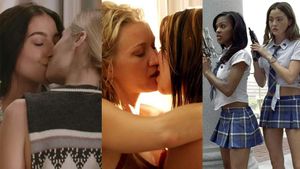
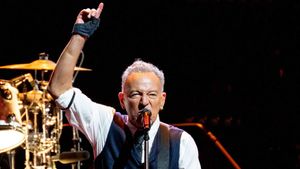


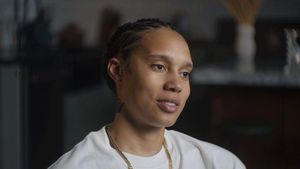






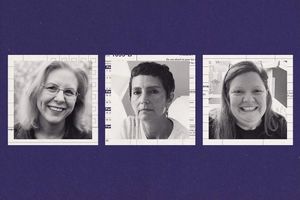


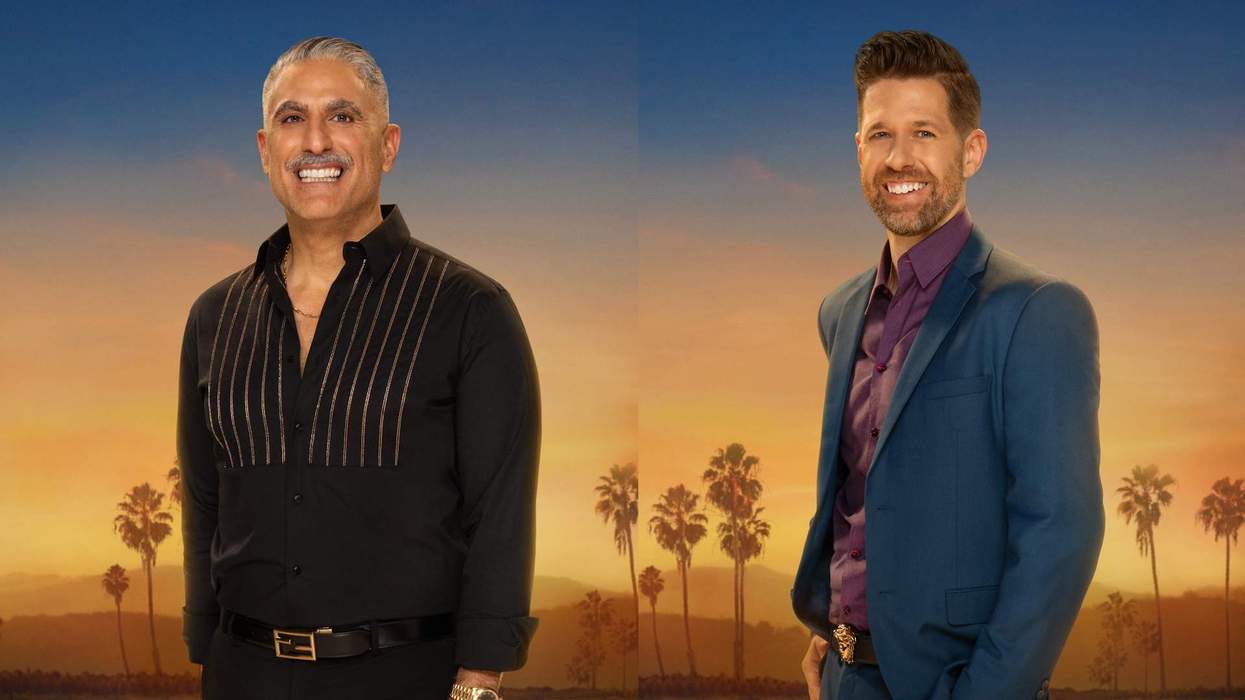
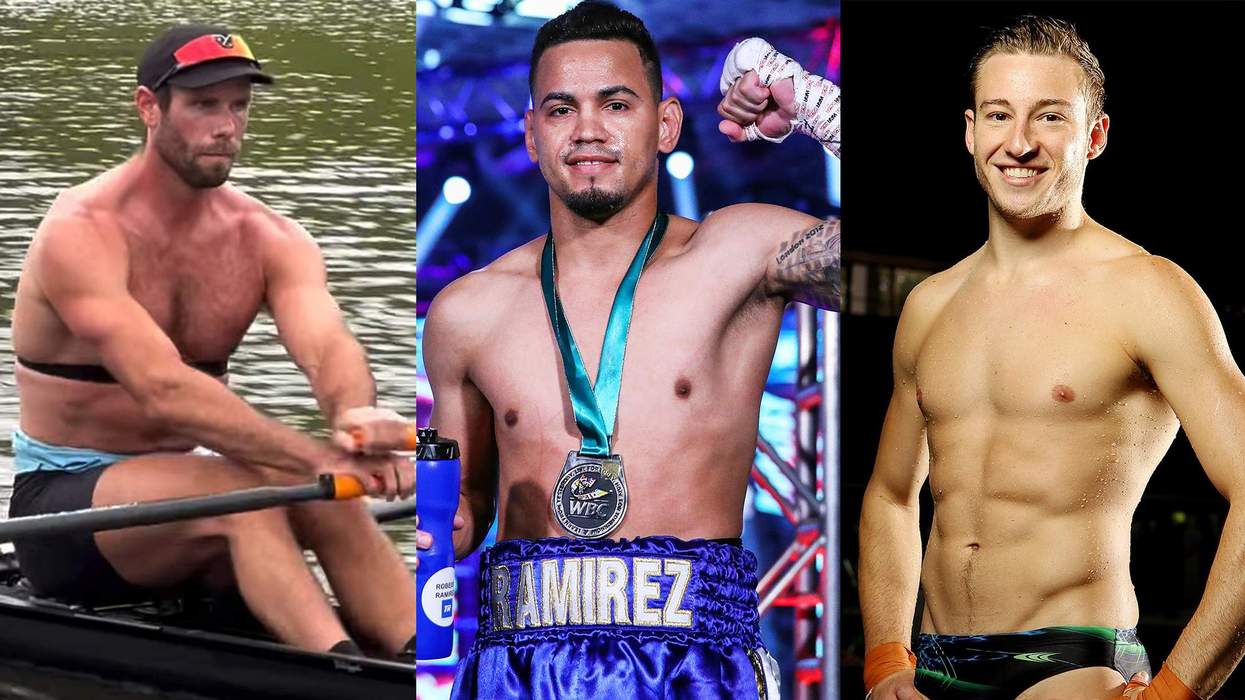

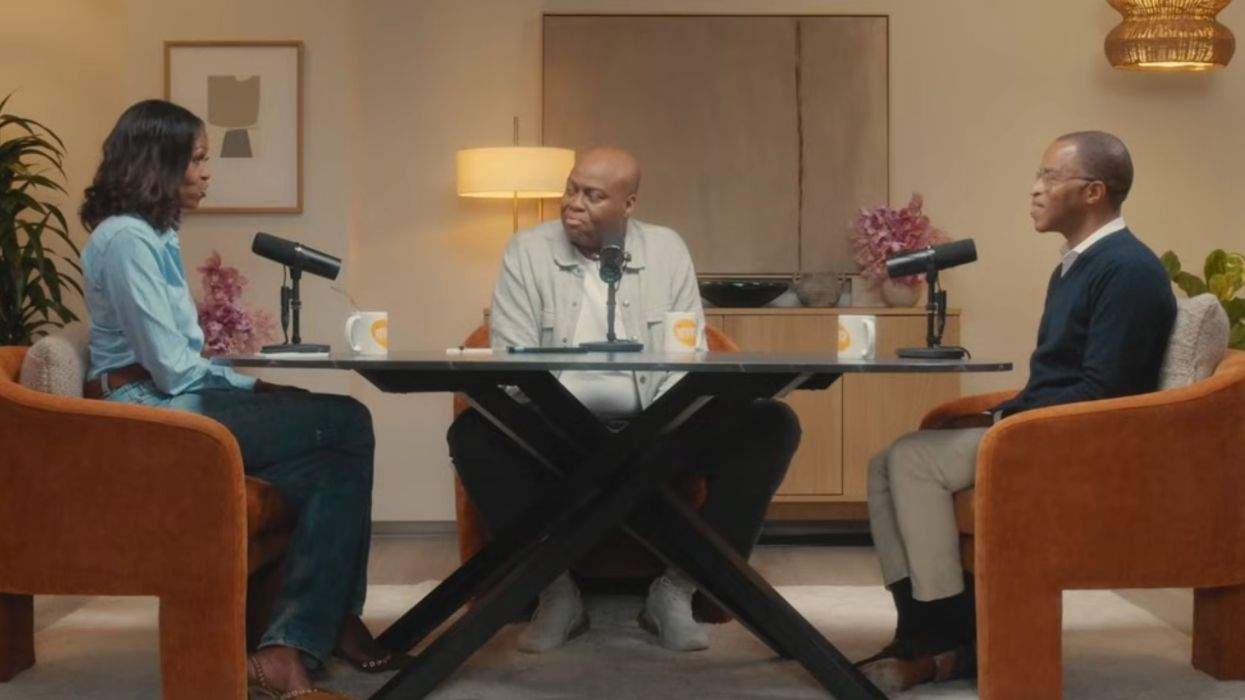





































 Cindy Ord/Getty Images
Cindy Ord/Getty Images























